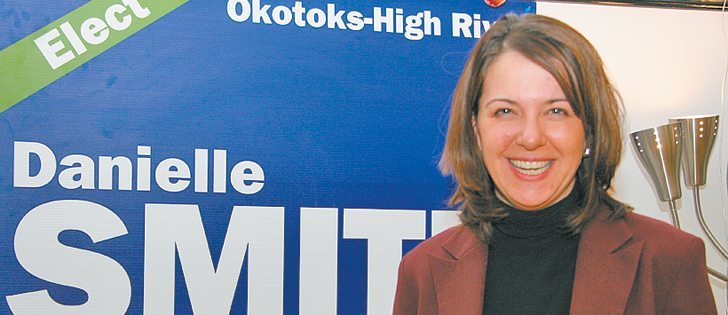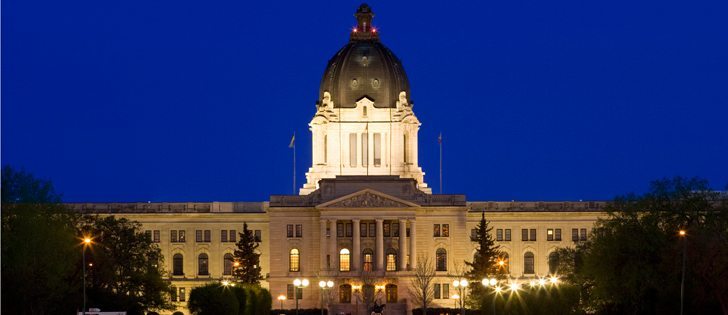Campaign trail | Land-use planning, environmental care, power lines and MLA pay become issues for April 23 vote
The winds of conservatism may be shifting in Alberta.
Controversies over land-use planning, environmental care, power lines and the size of MLA pay cheques have become universal issues for rural and urban voters in the April 23 election campaign.
Change is afoot and daily polls indicate the Wildrose Alliance Party led by Danielle Smith is in a dead heat against the reigning 41-year-old Progressive Conservative government led by premier Alison Redford.
“There is only one real poll, but it is looking like there may be some change,” said rancher Phil Rowland of High River.
Read Also

Canada’s plant hardiness zones receive update
The latest update to Canada’s plant hardiness zones and plant hardiness maps was released this summer.
Added farmer Leo Meyer of Woking: “In my view, there is going to be a shift toward the Wildrose. It is different from just a few years ago.”
The previous government created the Alberta Livestock and Meat Agency and passed a law that made all commodity group checkoffs refundable by request.
Those policies were welcomed by groups such as the Western Stock Growers Association, of which Rowland is president, but bills governing land use and electrical transmission lines may outweigh those benefits.
“These land bills seem to be trumping everything,” Rowland said.
Anyone who owns property is affected, he added.
“These are universal laws that are all encompassing across the landscape.”
Meyer said agriculture isn’t dominating this campaign.
“There are a handful of significant issues which are overarching, certainly not one sector specific. Agriculture does not have the centre stage this time,” he said.
He said the government, including the agriculture department, is further removed from farmers than in the past.
“They are somewhat single-minded at the moment.”
He said the policy to encourage more young farmers is fine, but the province should have been more vocal about the Viterra grain company takeover by Glencore International, which affects farmers across the West.
“If a minister of agriculture wants to be concerned about young farmers, he needs to realize that agriculture has now entered a phase from where we used to be more concerned about safety nets, we were concerned about trade and opening markets,” he said.
“Agriculture has entered a more significant new phase and that is about strategic positioning. I haven’t heard this government speak about that, in contrast to Saskatchewan.”
Meyer sees the Viterra takeover as the loss of a capable, competitive grain buyer and input supplier in favour of a multi-national company that does not have specific interests in local farmers.
Rancher John Bland of Strathmore said he doesn’t trust the government on a series of issues. He wants more consultation with the public and property owners when it wants to implement land-use planning decisions or erect major transmission lines.
However, ethics among politicians concerns him more. He questioned why the Conservative caucus in 2008 approved a more than 30 percent salary increase, higher payments for committee work and rich severance packages for departing members based on their years of service.
“I said at the time that is just a conduit to get more money into the hands of MLAs. I think I was proven right,” Bland said.
For example, upon their retirement after this election, former premier Ed Stelmach will receive $991,000 and speaker of the house Ken Kowalski will get $1.1 million, according to the Canadian Taxpayers Federation. Former agriculture minister George Groeneveld gets $312,000.
Added to the controversy are payments to MLAs to serve on a committee formed nearly four years ago that did not meet. Committee members were paid $1,000 per month.
Premier Redford announced March 29 this money must be returned in full.
The Wildrose party has been the only one to specifically announce a rural platform.
A six point package announced before the election promised that if elected, the party would repeal all the land-use bills and halt or reverse activities started under these laws.
“We believe landowners have been asking loud and clearly for these laws to be repealed,” said Smith.
The party also said it would elevate the status of property rights and work with the federal government to enshrine it in the Canadian Charter of Rights and Freedoms.
As well, it says it would streamline agricultural regulations while maintaining food safety requirements, and has promised to work with the federal government for safety net reform and the development of farm income trusts. This would include tax reform so money could be set aside during good years to protect farmers against market slumps.
The PCs’ agriculture policy promises more support for youth and more money for agriculture societies, while the New Democrats and Liberals have promised to look at electricity rates but did not provide specific platforms.
















